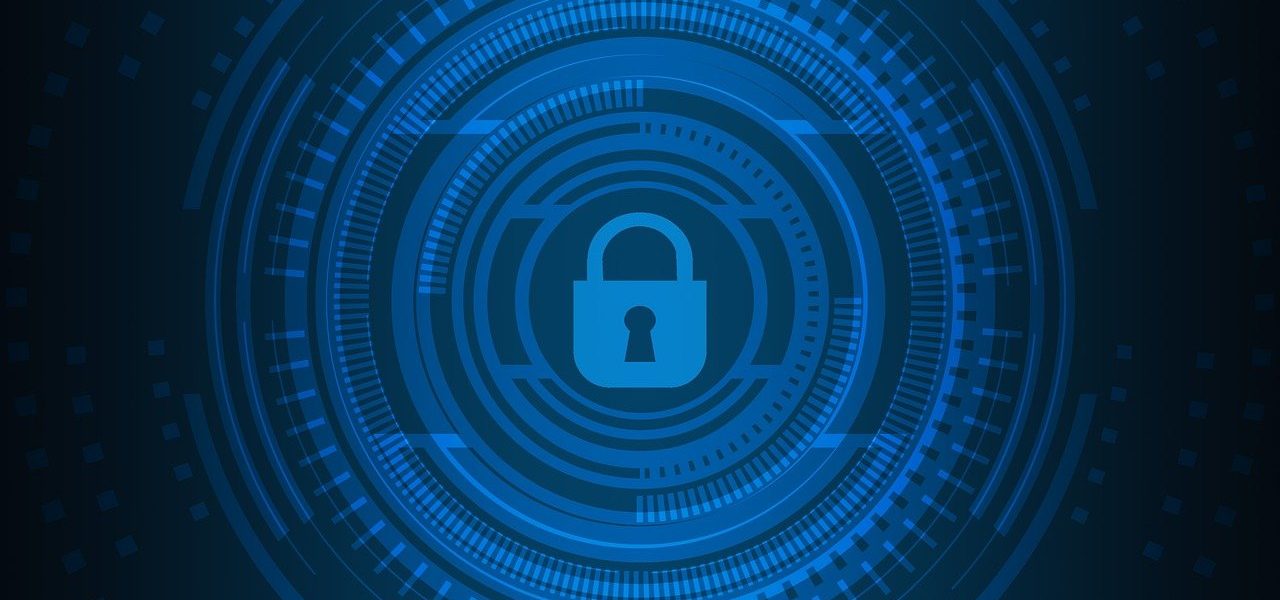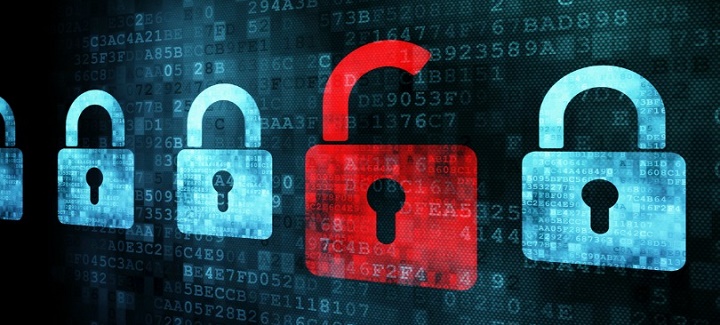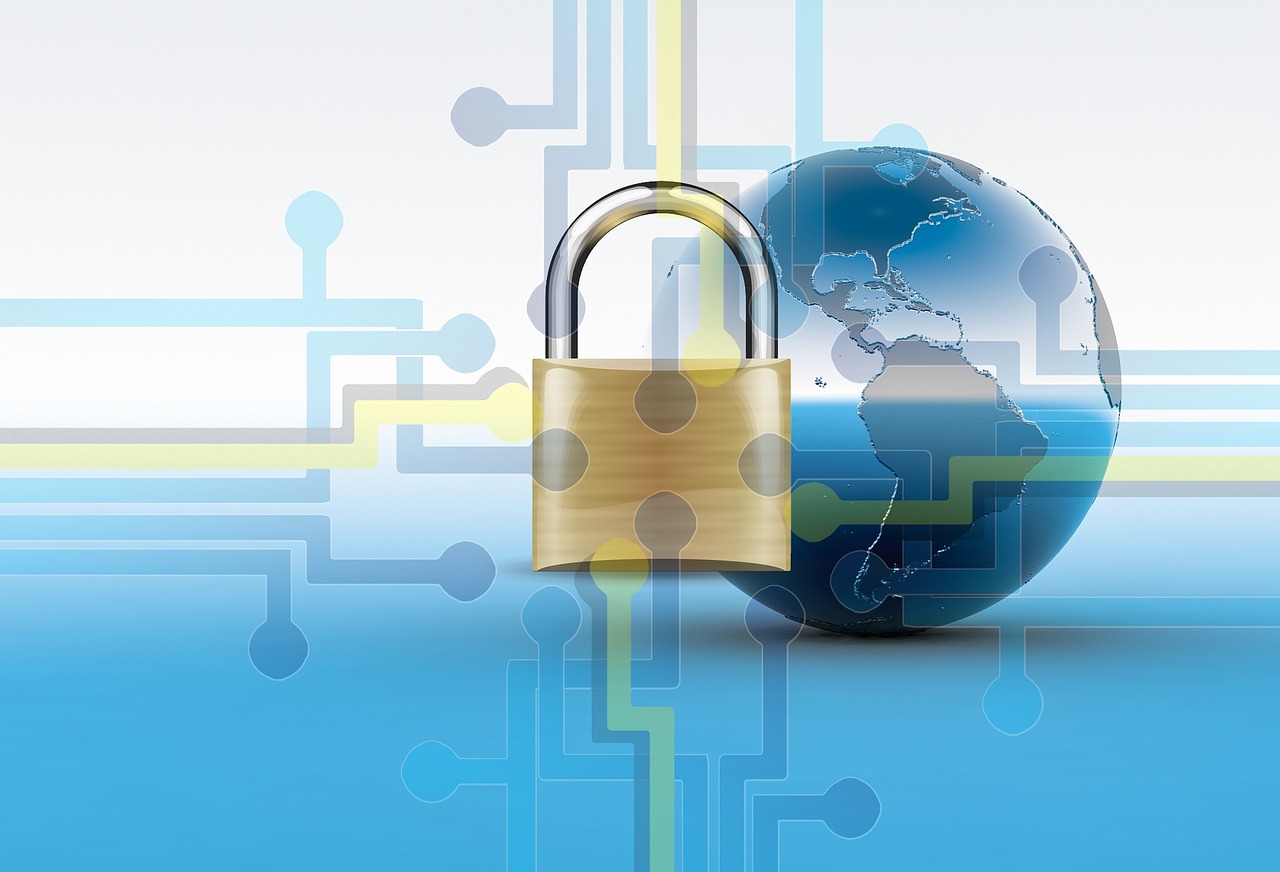As technology advances, so too do the cybersecurity threats that are ever-present and that business owners need not only to be aware of but understand how to tackle. Cybercriminals are quick to find ways around almost every aspect of cybersecurity which is why it’s so crucial that businesses stay on top of theirs, ensuring that, as far as possible, they are safe.
A cyberattack is potentially fatal for a business, and they aren’t just limited to large corporations; any business is at risk, and the smaller and newer that business is, the more damage can be done. A cybercriminal who is able to hack into a business’s systems and steal sensitive information can be instrumental in that business closing for good.
So that this doesn’t happen to your business, it’s vital to understand how to use the latest technology to stop cybercrime from destroying your business. The more good security practices you put in place, the safer you, your employees, your customers, and your overall business will be. Read on for some of the ways you can implement better security measures against these unfortunate threats.
Use the Cloud
If you use cloud storage systems to store your data, you are essentially keeping it out of the reach of even the most sophisticated cybercriminal. It is possible to set this kind of security measure up for yourself, although if you want to ensure it is done correctly, outsourcing the work can be a good idea. It will depend on which system you want to use, how complex you need it to be, and what your IT skills are like in general. No matter which option you choose, however, cloud storage and could security is a big step forward when it comes to protecting your business.
When you store your sensitive data in the cloud, you’ll be storing less on your other devices – there will be no need to have the documents and information backed up because the cloud is entirely safe and secure. When the information is only stored in one place, and that one place happens to be difficult, if not impossible, for a hacker to gain entry to, it is much safer. If your laptop were to be stolen, if your phone were lost, if you broke a USB stick, or anything else, and these were the only places the data were stored, your business would be in trouble. If these things happened and your business information was stored in the cloud, it wouldn’t matter; you can log in from anywhere on any device as long as you have the password, and you will still be able to run your business.
Strong Passwords
Passwords might feel like an annoyance because you have to remember so many of them, and they all need to be different from the next. Plus, it takes extra time and effort to log into systems, and when you forget a password or have to change it for security reasons, it adds even more to the long list you have to remember. However, with that said, and with many people agreeing on this idea, the reality is that without passwords, nothing would be secure. Anyone would be able to log into anyone else’s account on any platform whenever they wanted, taking anything they wanted or making changes, or otherwise causing damage. No one would ever be able to use online banking, pay for anything online, or do any kind of business.
Passwords, then, hold the key – almost literally – to any kind of online work or transaction. When you protect your information with a password, you are making it much harder for a cybercriminal to gain access to that information. A strong password means that they are much less likely to keep trying; they’ll move onto the next business that has a password that’s easier to hack or that has no password at all.
When choosing a password, it must be strong, as we’ve said, but what does strong really mean? It means, to begin with, that it must be unique. In other words, even though you already have plenty of passwords, it’s vital that every one of them is different. Using just one or two passwords for everything puts you in grave danger; if that password was guessed, a hacker would have access to everyone one of your accounts. The password should also be a random string of letters, numbers, and special characters. Of course, you won’t be able to remember all of them, and it might be tempting to write them down, but this would be a mistake. Instead, use the software available to store your passwords securely.
Encryption
Encryption is a great way to use technology to protect your business from cybercriminals. It means that you make the data you’re storing or sending online unreadable because the information is jumbled and scrambled; it can’t be read without an encryption key. The cybercriminal would not have this key, and it would only be something that the sender and receiver are able to implement.
Encryption is done automatically, so you don’t have to have exceptional computing skills to make it happen. If you implement this idea, even if your data were to be intercepted, it would not be understood and would essentially be useless to any cybercriminal who got hold of it. It won’t stop a cyberattack from happening, but it will prevent stolen information from being used.
Update Your Software
Once you have cybersecurity software installed in whatever form works best for your business, that’s not the end of things. Although it will work well initially, over time, cybercriminals will learn how to bypass your software and cause problems in your business. They are constantly working on how to overcome the obstacles that business owners put in their way.
With that in mind, it’s important to ensure your security software – and other software – is up to date. Programmers are working hard to develop upgrades and additional security measures for every piece of software available, and these upgrades will be free if you already own the program. Although it can be time-consuming to go through these upgrades, especially as they tend to require some downtime, cybercriminals will be able to breach your security more easily if you don’t upgrade.











![Watch Video Now on xiaohongshu.com [以色列Elevatione perfectio X美容仪 perfectio X 全新仪器黑科技了解下]](https://www.techburgeon.com/wp-content/uploads/2019/07/perfectiox-singapore-150x150.jpg)
